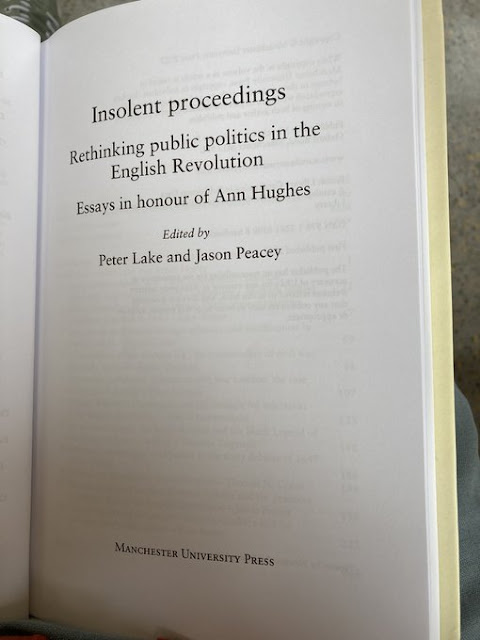Webinar notice (pasted) on Intellectual Change in Early Modern Europe (IMEMS Durham University)
Zoom Webinar Debating Intellectual Change in early modern Europe (16 th – 18 th centuries) Hosted by IMEMS, Durham University 7 July 2022, 3.00pm-5.00pm BST Registration now open to all: please click here to book your place. Participants and titles : Jeffrey Burson: “Transposing Erudition from Late Humanism to the Early Enlightenment” Robert Ingram: “Sin and Sovereignty” Dmitri Levitin: “European intellectual change, 1500–1800: two big myths, and how to replace them” Diego Lucci: “Long Reformation or Religious Enlightenment?” Luisa Simonutti: “Islamic Influences on Intellectual Change in Seventeenth-Century Europe” Ann Thomson: “How useful is the notion of “the Enlightenment”?” Chair/moderator: Marco Barducci (University of Pavia/IMEMS) In this Zoom Webinar, l eading intellectual historians will discuss and debate the nature and extent of intellectual change in Europe between the sixteenth and the eighteenth century. How helpful are
